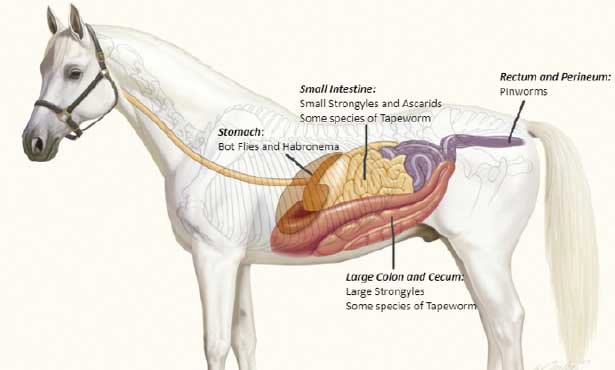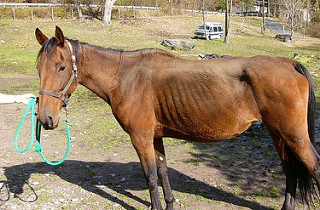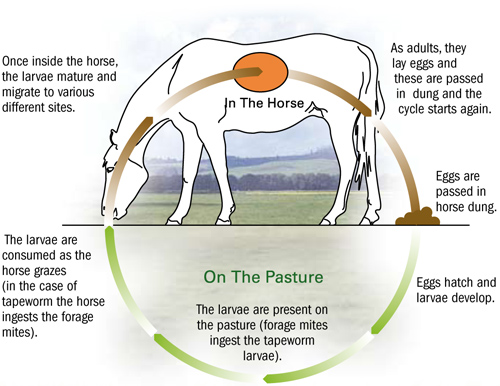With their grace and strength, horses are susceptible to various parasites that can compromise their health and well-being. Parasite infestations not only pose a threat to the individual horse but can also impact the entire equine community. This blog explores the importance of protecting horses from parasites and provides a comprehensive guide to maintaining a parasite-free environment for these magnificent animals.
Understanding the Parasite Threat
Parasites, ranging from internal worms to external pests like ticks and flies, can wreak havoc on a horse’s health. The consequences of unchecked parasite infestations include weight loss, colic, anemia, and even organ damage. Therefore, a proactive approach to parasite prevention is essential for the overall well-being of horses.

Key Parasites Affecting Horses
Internal Worms:
Common internal parasites include roundworms, tapeworms, and strongyles. These parasites can cause various issues, from digestive disturbances to respiratory problems.
External Parasites:
Ticks, flies, and mites can cause irritation, and skin infections, and transmit diseases such as Lyme disease and equine infectious anemia.

Comprehensive Strategies for Parasite Protection
Regular Deworming Schedule:
Implementing a strategic deworming program is fundamental to parasite prevention. Consult with your veterinarian to create a deworming schedule tailored to your horse’s needs, considering factors such as age, activity level, and local parasite prevalence.
Fecal Egg Counts:
Regular fecal egg counts help monitor the effectiveness of the deworming program. This diagnostic tool allows for a more targeted approach, ensuring that deworming efforts are focused on the specific parasites affecting the horse.
Pasture Management:
Practice responsible pasture management by employing rotational grazing and removing manure regularly. This helps break the parasite life cycle by reducing the exposure of horses to parasite larvae in their environment.

Quarantine Protocols:
Introduce new horses to the herd with a quarantine period to prevent the spread of parasites. This precautionary measure allows time for observation and necessary deworming before integration.
Fly and Tick Control:
Implement effective fly and tick control measures, including fly masks, fly sheets, and fly repellents. Regular grooming can also help identify and remove ticks promptly.
Clean Water and Feed:
Ensure a clean and uncontaminated water supply to prevent the ingestion of parasite larvae. Store feed in sealed containers and keep feeding areas clean to minimize the risk of parasite transmission.

Regular Veterinary Checkups:
Schedule regular veterinary checkups to monitor the overall health of your horse. Your veterinarian can perform fecal tests, recommend appropriate deworming medications, and provide guidance on preventing specific parasites prevalent in your region.
Minimize Stress:
Stress weakens the immune system, making horses more susceptible to parasite infestations. Minimize stress factors, such as abrupt changes in diet or housing, to maintain a robust immune response.
Protecting horses from parasites is a multifaceted endeavor that requires a combination of diligent care, strategic deworming, and environmental management. By adopting a proactive approach and working closely with your veterinarian, you can create a healthy and parasite-free environment for your equine companions. Ultimately, the well-being of horses depends on the commitment of caretakers to safeguard them from the insidious threats posed by parasites.

Leave a Reply